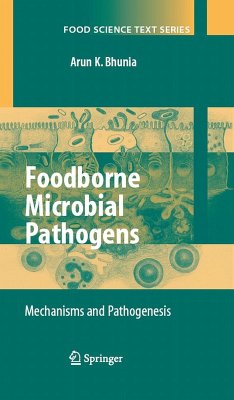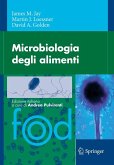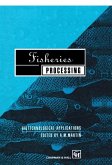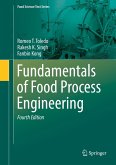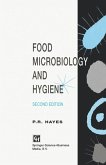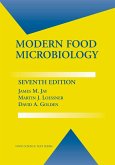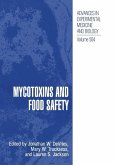Foodborne Microbial Pathogens: Mechanisms and Pathogenesis is the first textbook of its kind, and will serve as a valuable resource not only for food microbiology graduate or undergraduate students but can be used as a desk reference for medical microbiologists, microbiology professionals, and academicians involved in food microbiology and food safety related research or teaching.
The author presents up-to-date information on molecular and cellular mechanism of several major foodborne microbial pathogens, including select agents for bioterrorism, virulence genes and their regulation in the host or the food environment, pathogenicity testing models, clinical symptoms, and prevention and control strategies. In order to understand the disease process, one must have certain understanding about the role of the immune system. Thus this book also covers the host parasite interaction to a level where the readers will have a better appreciation for the disease mechanism.
The book also includes digital and hand-drawn figures to illustrate the pathogenic process. The art was generated by the author, and the illustrations uniquely aid in better understanding of the mechanism of pathogenesis.
About the Author:
Arun K. Bhunia is a Professor of Molecular Food Microbiology at Purdue University, West Lafayette, Indiana
The author presents up-to-date information on molecular and cellular mechanism of several major foodborne microbial pathogens, including select agents for bioterrorism, virulence genes and their regulation in the host or the food environment, pathogenicity testing models, clinical symptoms, and prevention and control strategies. In order to understand the disease process, one must have certain understanding about the role of the immune system. Thus this book also covers the host parasite interaction to a level where the readers will have a better appreciation for the disease mechanism.
The book also includes digital and hand-drawn figures to illustrate the pathogenic process. The art was generated by the author, and the illustrations uniquely aid in better understanding of the mechanism of pathogenesis.
About the Author:
Arun K. Bhunia is a Professor of Molecular Food Microbiology at Purdue University, West Lafayette, Indiana
Dieser Download kann aus rechtlichen Gründen nur mit Rechnungsadresse in A, B, BG, CY, CZ, D, DK, EW, E, FIN, F, GR, HR, H, IRL, I, LT, L, LR, M, NL, PL, P, R, S, SLO, SK ausgeliefert werden.
From the reviews: "A well-organized work covering a variety of foodborne microorganisms. ... Figures and tables are used well throughout the book to illustrate topics, and references are included at the end of each chapter. Readers without a thorough knowledge of immunology and microbiology will find this a useful resource, as the author provides enough information for them to understand the concepts presented. Summing Up: Recommended. General readers; lower-division undergraduates." (P. M. Watt, CHOICE, Vol. 45 (11), August, 2008)

